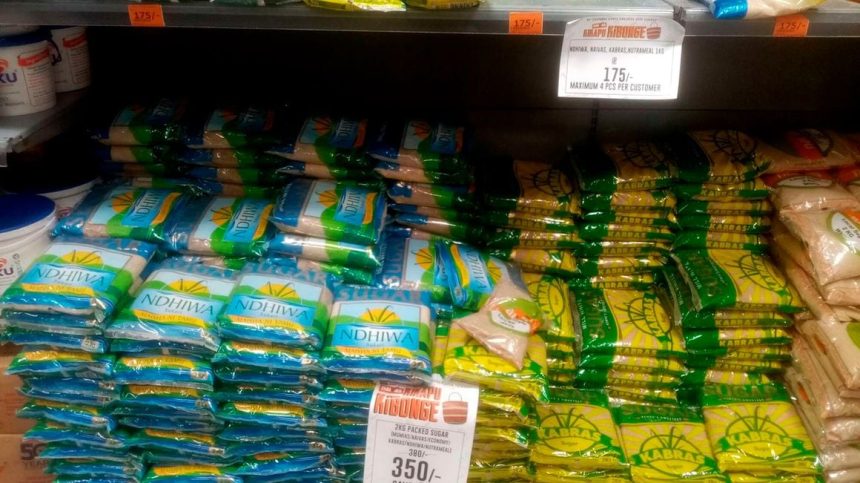The cost of living measure increased slightly in May by 0.1 percent on soaring food, energy and transport costs.
The inflation rate stood at eight percent from 7.9 percent in April when it had declined to a 10-month low at the onset of rains.
According to Kenya National Bureau of Statistics (KNBS) data, the price changes in food, energy and transport, which cover about 57 percent of household budgets, peaked at 10.2 percent, 9.7 percent and 10.1 percent, respectively.
Housing, water, electricity, gas and other fuels, which make up the energy index, and transport were fueled by an increase in the cost of petroleum products, with petrol, diesel and kerosene prices hitting an average of Sh183.29, Sh169.10 and Sh161.83 per litre countrywide respectively.
High sugar costs compounded on the food and non-alcoholic beverages index, rising by 49.2 percent year-on-year and by 22.1 percent month over month, with a kilogramme of the sweetener averaging Sh194.29 in May from Sh159.10 in April.
Other food items to record notable monthly price increases included beans, maize, carrots, potatoes, rice and wheat flour.
The prices of vegetables, including kale, tomatoes and onions, were on the decline.
The cost of sugar was impacted by local shortages of cane, which have prompted the government to open a new duty-free importation window to cushion consumers in a move expected to check further price increments for the sweetener.
Monetary policy
Inflation continues to hover outside the government’s 2.5 percent to 7.5 percent range since breaching the upper limit in June last year.
But the Central Bank of Kenya (CBK), whose function also involves keeping inflation in check through monetary policy, has tipped the cost of living to trend downwards back to the target zone on rebounding agricultural production this year and incentives to address food shortages such as duty-free import windows.
As such, the CBK’s Monetary Policy Committee (MPC) left the benchmark lending rate unchanged at 9.5 percent earlier this week, noting that the effects of the policy stance were still filtering into the economy.
“The committee noted that the impact of the further tightening of monetary policy in March 2023 to anchor inflationary expectations was still transmitting in the economy,” the CBK said on Monday.
“Additionally, the MPC noted that this action will be complemented by the recently announced government measures to allow duty-free imports on specific food items, particularly sugar, which are expected to moderate prices and ease domestic inflationary pressures.




